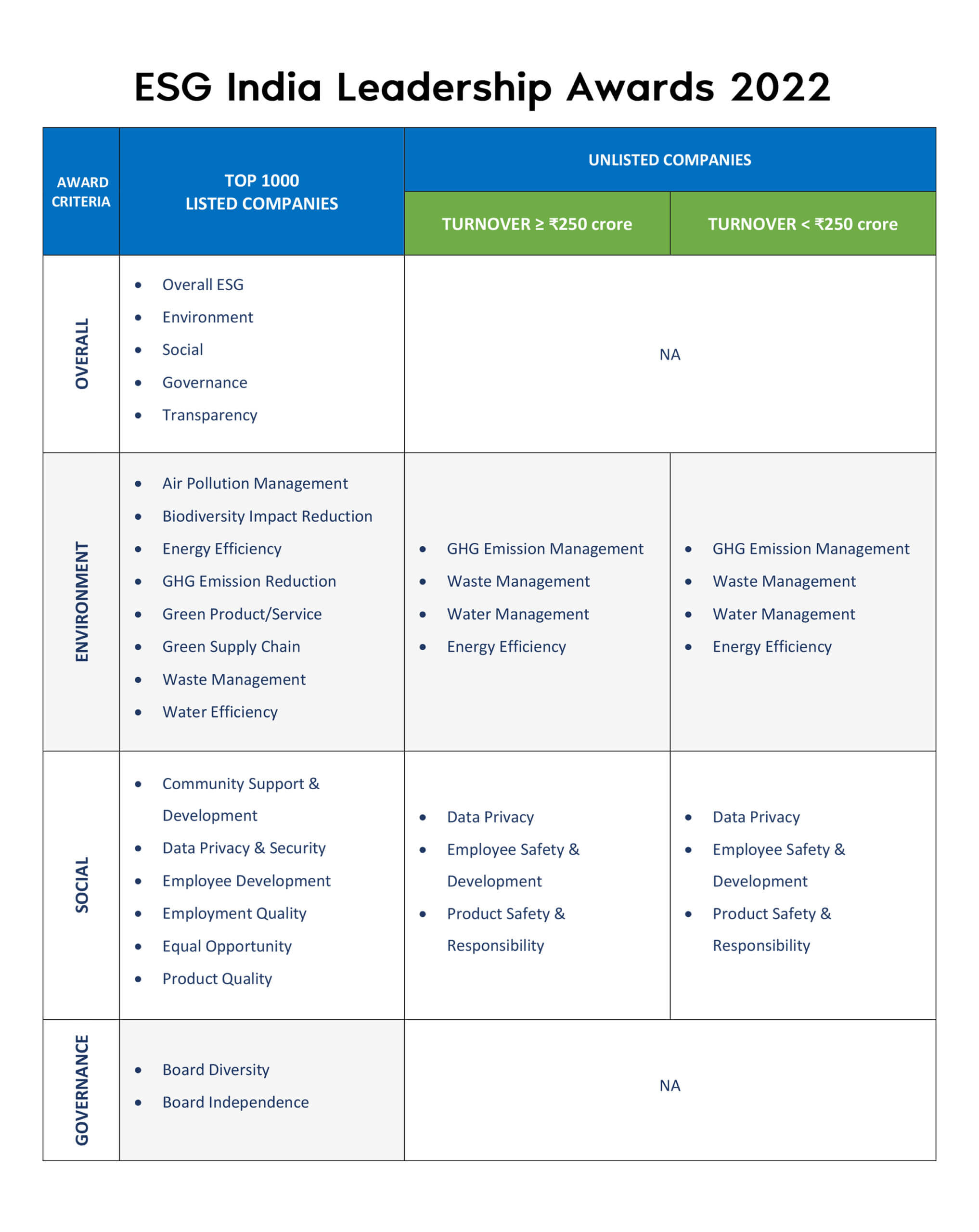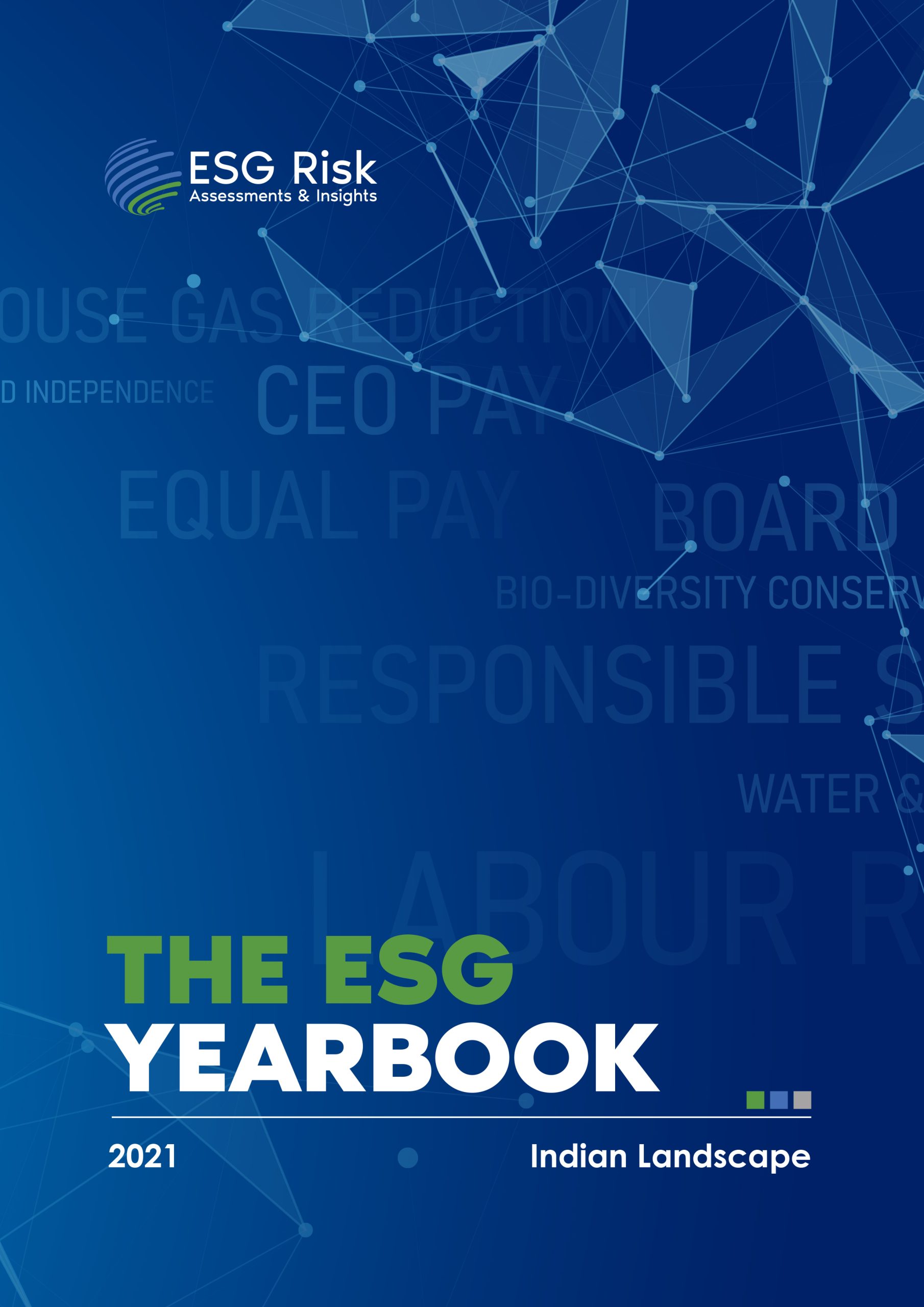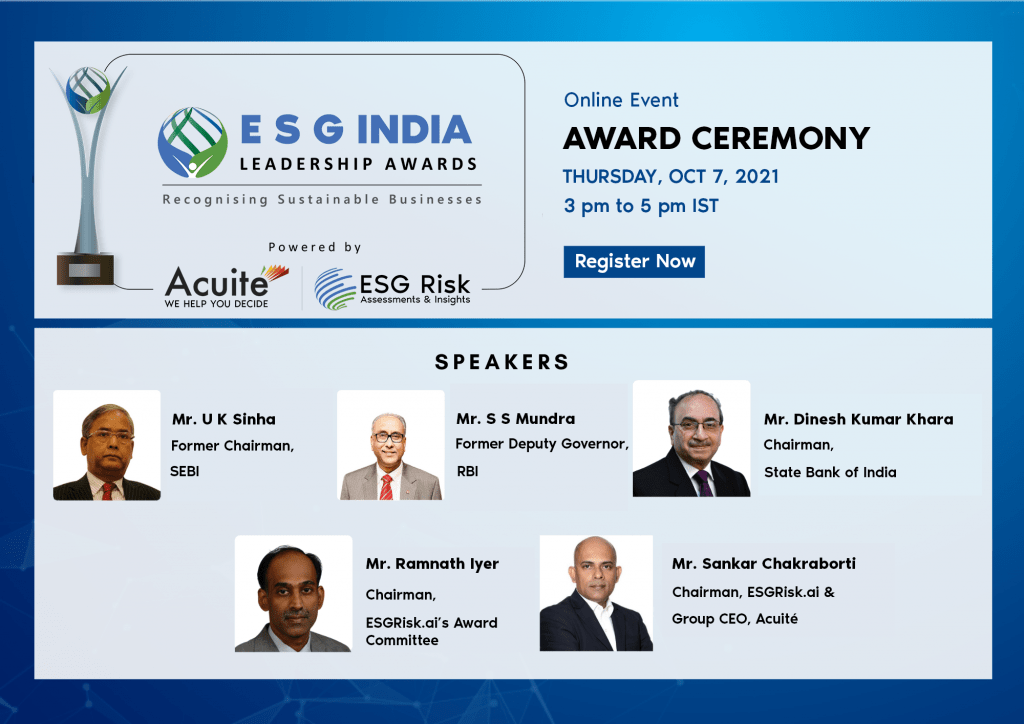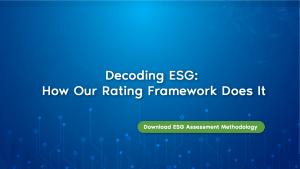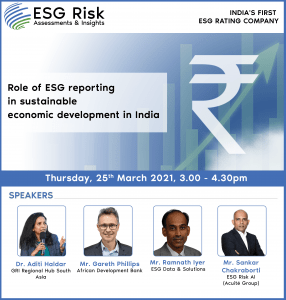"ESG encourages investors to look beyond the traditional way of investing" – Sneha Joshi, Quantum Mutual Fund
 Sneha Joshi, Associate Fund Manager – Alternative Investments, Quantum AMC, speaks to us about the ESG landscape for India. Read on to understand her perspective on the critical parameters, investors’ expectations from ESG funds, challenges in ESG compliance for companies and the importance of ESG rating.
Sneha Joshi, Associate Fund Manager – Alternative Investments, Quantum AMC, speaks to us about the ESG landscape for India. Read on to understand her perspective on the critical parameters, investors’ expectations from ESG funds, challenges in ESG compliance for companies and the importance of ESG rating.
Why ESG parameters are critical for India?
The impact of Environment, Social and Governance (ESG) factors on a firm’s long term financial sustainability and longevity is often underestimated because ESG factors are non-financial in nature. ESG factors are not visible in the financial statements like any other financial parameter and therefore, this makes it even more critical to evaluate these factors in depth.
Disregarding the impact of factors like climate change, waste management, labour practises, supply chain management, corporate social responsibility, data privacy and consumer rights protection can have a material impact on the firm’s earnings and valuation over the long-term, affecting the shareholders’ value.
In order to avoid the tail risks and be prepared for the emerging complex risks, it is imperative that the businesses are well aware of the ESG risks and integrate sustainability practises into their operations.
ESG encourages a broader view and allows investors to look beyond their traditional way of investing.
In an increasingly complex and interconnected world, India is going to be faced with a new set of risks and opportunities. These new challenges can have far-reaching financial consequences to businesses and consequently to the economy.
Incorporating ESG practices is much needed and will have a great deal of positive spill-over effect in a fast-growing economy like India. The regulators in India have already started making it mandatory for companies to disclose their efforts on ESG aspects. With growing demand from investors for better accountability and corporate governance along with rising share of company’s value linked to intangibles like reputation, social contribution and environmental performance, the need for ESG compliance is going to be stronger in the future.
As a fund manager, what is your opinion on investor expectations when they look at ESG funds or the fund houses which are sustainability conscious?
In a world were ESG disclosures and practices are evolving, investors often face two broad challenges while taking a decision about whether or not to invest in an ESG fund.
There is a misconception about ESG investing when it comes to profitability. There is strong research evidence of ESG investing delivering superior returns since companies with strong sustainability scores demonstrate better operational performance and are less risky.
Sometimes, ESG investing is assumed to be charity or donation. However, it is important to clarify that companies which foresee ESG risks and integrate practices to mitigate such risks are less exposed to tail risks and are likely to do better in down markets.
There is enough of supporting evidence that responsibility and profitability go hand in hand in ESG investing.
Secondly, ESG is categorised as a thematic fund. However, there are companies in all sectors which are leaders in adopting and implementing ESG practises based on the factors that have a material impact on their respective businesses. Unlike any other thematic fund, ESG investing does not focus on one or a few sectors, rather is diversified across sectors. This makes the ESG fund less exposed to sector specific risks.
What challenges do you face in selecting ESG compliant companies? Will an independent ESG Rating aid in your decision-making?
Data compilation is one of the challenges faced while selecting ESG compliant companies. Disclosures are vital to improve the overall credibility of the ESG research. The level of disclosures along with the quality of disclosures on ESG is crucial to assess the company. To spot green washing, which is another challenge, there is a need to seek other inputs like interactions with management, sustainability heads and on-the-ground evaluation. A lot of third-party service providers rely heavily on self-disclosed information to score the companies which may only capture a partial picture. Investors would certainly have more comfort when the ESG Fund is taking into account self-disclosed information and verifying the quality of this information on the ground. This is when ESG investing will be true to its label.
Our approach at Quantum prioritises ESG and portfolio construction is a reflection of ESG score-based weight allocation. Quantum manages to strike a balance between prioritising ESG scores in capital allocation and adhering to sector guardrails to ensure risk mitigation and diversification.
The comprehensive proprietary ESG evaluation method along with active management aids our decision-making process.



